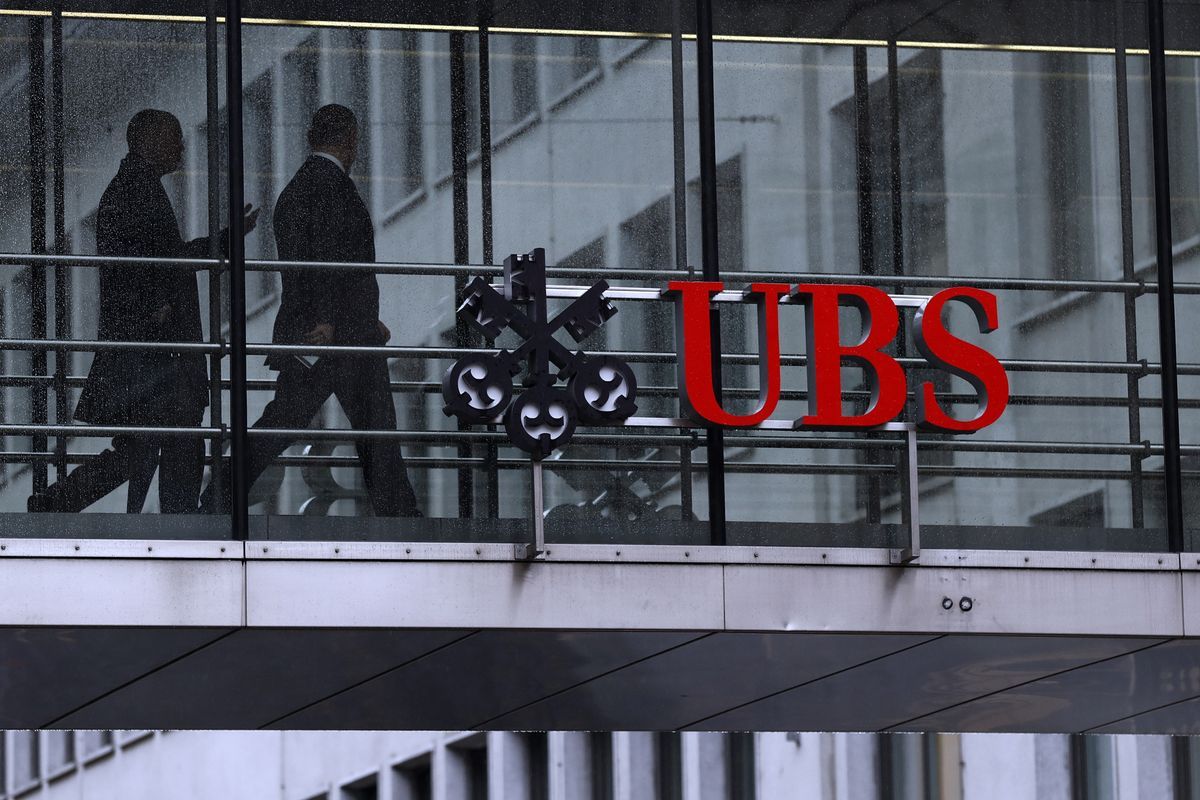Money managers prep for $1.5 trillion in corporate cash
 Dollars wave.
Dollars wave.
Big players like Fidelity and BlackRock are creating new strategies for companies that are repatriating overseas funds.
The biggest U.S. asset managers are going head-to-head to win a piece of a $1.5 trillion corporate cash comeback.
That’s the sum companies are expected to bring onshore under the U.S. tax overhaul passed last year, according to Invesco estimates. About $400 billion has already been repatriated, according to the firm.
Overseas, at least one major asset manager is losing out as a result of the changes. Cisco Systems Inc. yanked 5 billion euros ($5.7 billion) from Deutsche Bank’s asset management arm, DWS Group, in recent quarters as it repatriated profits, Bloomberg News reported on Thursday. The loss amounted to 40% of Deutsche Bank’s outflows in the first half of the year.
Cisco’s decision underscores the fierce competition among asset managers seeking to capitalize on President Donald Trump’s successful push to upend corporate tax rates — an effort that’s been criticized as a boondoggle to benefit companies already sitting on piles of cash.
The new law sets a one-time repatriation rate for untaxed cash held abroad — a 15.5% charge on cash and liquid assets, and 8% on non-cash or illiquid assets. Payments can be made over eight years. Previously, such funds were hit with the 35% corporate tax.
Halfway into the year companies are still only beginning to respond to the changes. But BlackRock Inc., JPMorgan Chase & Co. and Fidelity Investments are among asset managers racing to create new strategies for clients who want to bring overseas funds back. Companies face an array of choices ranging from where to invest the money short term and how to spend it.
“They have a significant amount of cash abroad and there is this window where they can capitalize on repatriating it,” said Jean-Yves Fillion, chief executive of BNP Paribas’ U.S. holding company.
BNP Paribas recently reinforced its transatlantic task force that helps international companies with capital raising and financial strategy, including managing the flow of cash held overseas back to the U.S., Mr. Fillion said.
Here’s what some of the top firms are doing:
Fidelity
Michael Morin, head of liquidity management solutions at Fidelity, said the firm is helping clients assess alternatives as they repatriate cash to spend on projects, pay off debt, repurchase shares and meet dividend payments.
Fidelity is helping clients determine where to park their money, whether in government or prime money market funds.
“Some of our clients have already completed those transactions, but the majority of our clients are still in the process,” Mr. Morin said.
The timing for the decision is key in determining what the right investment vehicles are, he said. Fidelity has hundreds of cash management clients, with more than $500 billion in money market funds, according to a company representative.
BlackRock
The world’s largest asset manager thinks it’s in a favorable position, having made several deals to add to its cash management business.
Last year the company acquired Cachematrix, a financial technology firm focused on cash management. When the deal closed, BlackRock managed about $400 billion in cash for companies, banks, foundations, insurers and public funds, according to a release. In 2016, BlackRock acquired Bank of America Corp.’s $80 billion money market fund business.
Ellen Bockius, BlackRock’s global head of cash management marketing and U.S. corporate cash sales, said investors will be keeping a watchful eye over how companies put their tax-related windfalls to work.
Ms. Bockius said observers will continue to see “shareholder interest in what these corporations are doing with this cash,” whether that comes in share buybacks, bond repurchases, capital investment or deal-making.
Goldman Sachs Asset Management
Corporations that had been issuing debt in the low interest-rate environment are increasingly turning around their strategies, said Goldman Sachs Asset Management managing director Jason Granet.
In the past few years American companies “were going to the debt market in the U.S. while building up these huge stores of cash abroad, especially while interest rates were near zero. Now they no longer need to issue debt,” he said.
Expect even more deal-making among cash managers, Mr. Granet added.
“It’s not surprising to see moves in our space because of regulation and costs. I wouldn’t be surprised to see more,” he said. “For us, we need to invest in technology, and have a broad range of solutions to offer clients.”
JPMorgan Asset Management
The firm is stepping in as companies rethink their capital structure, or how they finance their operations through different kinds of funds, said Ted Ufferfilge, global head of client portfolio management at JPMorgan Asset Management.
“People are trying to think through what they want their capital structure to look like,” with short-term bond funds in particular garnering attention recently, he said.
But customization is necessary.
“Everyone wants to change the capital structure of their company, but every company is unique,” Mr. Ufferfilge said.
(More: Jamie Dimon of JPMorgan Chase sees opportunity to increase share of wealth management market)
Learn more about reprints and licensing for this article.








